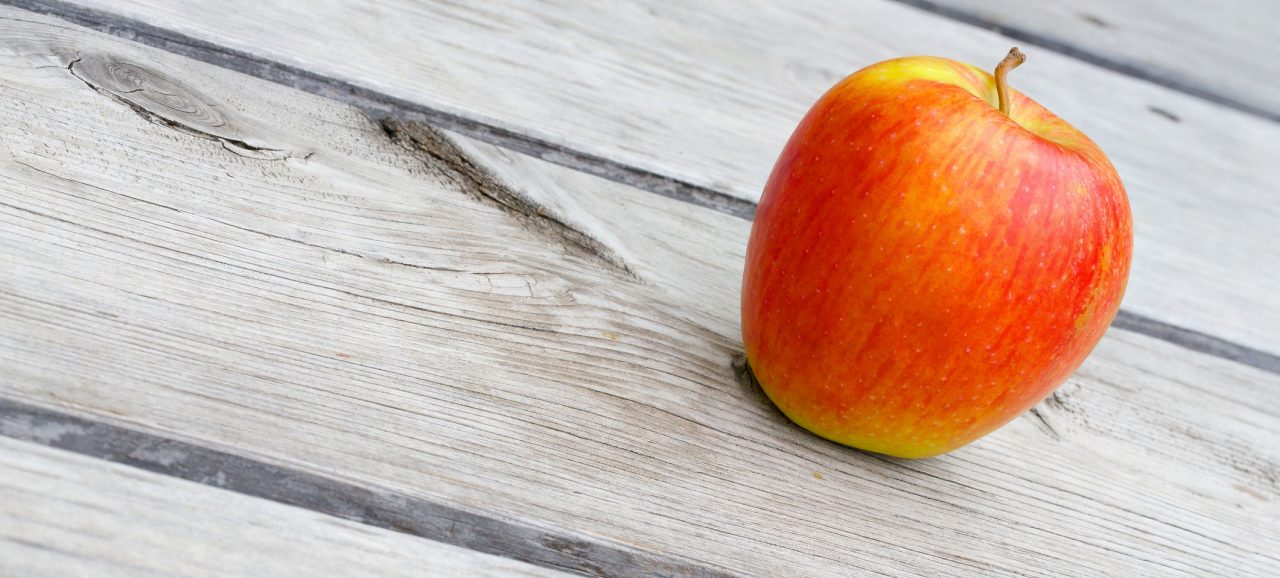Can High Fiber Foods Protect You from Colon Cancer?

Eating high fiber foods can help lower your colon cancer risk factors. This may be because fiber, also known as roughage, adds bulk to your digestive system.
Statistics claim one in 20 Americans will be diagnosed with colon cancer in his or her lifetime. The science, however, isn’t all bad. According to the American Institute of Cancer Research, 45 percent of colon cancers in the United States are preventable when we add high fiber foods to our diets.
Why high fiber foods matter
Eating high fiber foods can help lower your colon cancer risk factors. This may be because fiber, also known as roughage, adds bulk to your digestive system, which shortens the amount of time it takes for waste to travel through your colon. And because waste can contain carcinogens, it's best when waste is removed as quickly as possible. When bacteria in our lower intestines break down fiber, a substance called butyrate is produced; this may inhibit the growth of tumors of the colon and rectum.
YOU MIGHT ALSO LIKE: The Young Aren’t Invincible against Colon Cancer
In addition to the evidence that high fiber foods can help protect you from colon cancer, they also helps to lower cholesterol, prevent constipation, and improve digestion. That’s why what’s on our plates count. Fill two-thirds of your plate with vegetables, fruits, whole grains, beans, and nuts. The remaining one-third of your plate is for lean meats or other proteins.
“There is a lot that fiber does,” said Nancy D. Turner, PhD, research professor and director at Texas A&M University’s Space Life Sciences Mentored Research Program. She worked with researchers from Texas A&M and the University of North Carolina to show how a diet containing prunes can positively help reduce the risk of colon cancer.
“Our work suggests that dried plums may help to suppress the development of colon cancer, so in essence help prevent it from occurring. They do so because of many effects on the microbiota (microorganisms that reside in our body) in the colon, the metabolism of the microbiota, and because of changes in the epithelial cells lining the colon that reduces their chance of becoming a cancerous cell.”
“We chose to study dried plums because of the historical perception that dried plums helps with intestinal health,” she continued. “Earlier work suggests it might have some effect on colon carcinogenesis. As a result, we decided to study its effect on the early stages of colon cancer and found that it reduced the percentage of animals with these lesions by 50 percent.”
While dried plums and other fiber rich foods provide maximal health benefits, most of us eat a fraction of the daily recommended amounts — between 10 and 15 grams of fiber each day — according to the Physicians Committee for Responsible Medicine. What we should be eating is 30 to 35 grams of fiber each day.
YOU MIGHT ALSO LIKE: African Diet Cuts Your Colon Cancer Risk
High fiber foods for your diet
- Start with breakfast. Look for low-sugar whole grain cereals or oatmeal. It’s filling and rich in dietary fiber.
- Add fresh fruit. Raspberries, blackberries, and blueberries can be added to your breakfast cereal as a yummy sweetener. You can also add raisins. Or you can fill a reusable container with these fresh fruits and bring them to work for a tasty snack.
- Fruit comes in its own package. Apples, pears, and bananas are easy to transport, don’t need to be cut up, taste good, and are high in fiber.
- Get nutty. Look for raw or toasted salt-free or lightly salted almonds, cashews, and peanuts. You can also enjoy pistachios and a wide assortment of nuts.
- Lunch time. Peanut butter — the kind that only contains peanuts and salt — is filling and good when it’s spread on whole grain bread. You can also bring whole grain crackers and hummus for lunch.
- A salad with punch. Add dried fruit, seeds, and nuts to your greens. A vegetable salad is a good option, too.
- The magical fruit. Beans have been called that even though they are not fruits. Pureed white bean dip or beans in a salad are good side dishes. Lentils, chickpeas, and beans are also high in protein. To avoid gas, drink plenty of water.
- Dinner with a twist. Instead of white flour pasta, try whole wheat or spinach. The same goes for white rice; swap brown for white. You can also eat quinoa or bulgur, both high in fiber.
- Sprinkle flaxseeds or hemp seeds on salads. Both add a nutty taste to salads and cereals and are high in fiber.
Don’t forget about exercise — about 30 minutes each day — for optimal health. Several studies have shown that daily exercise and a high fiber diet can reduce the risk of certain cancers, including colon cancer.
Updated:
March 18, 2020
Reviewed By:
Christopher Nystuen, MD, MBA